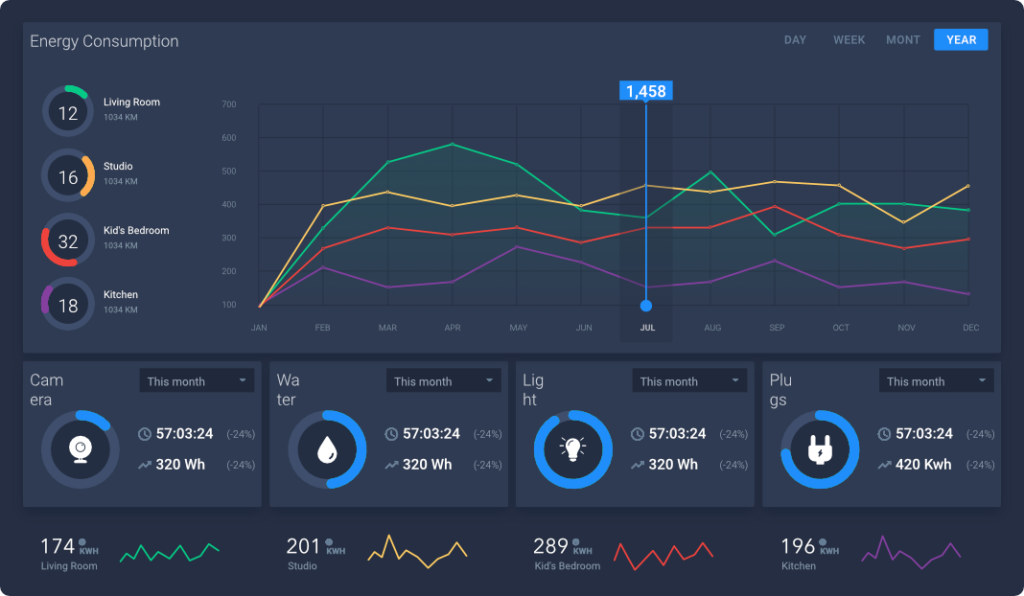
Introduction To FinTech:
Short for “Financial Technology,” the word “FinTech” describes the software, mobile apps, and other technologies developed to improve and automate the conventional financial services provided to both corporations and individuals. FinTech can range from simple mobile payment applications to intricate blockchain networks that store encrypted transactions.
Why To Educate In FinTech?
Financial service offerings have experienced a digital transition that will go down in history. In order to remain competitive in this constantly changing market, it’s critical to continue picking up new skills and knowledge.
Institution Name: MIT OpenCourseWare (MIT OCW) of the Massachusetts Institute of Technology (MIT)
About the Institution:
MIT OpenCourseWare is an online publication that compiles materials from more than 2,500 MIT courses, with the goal of freely disseminating knowledge among students and educators worldwide.
Course Name: FinTech: Shaping The Financial World
Course Description:
Students interested in learning how new technologies are upending the financial services sector and causing significant changes to business structures, products, apps, and user interfaces can take up this FinTech course. The programme will examine Artificial Technology (AI), blockchain technology, deep learning, and open APIs (Application Programming Interface) as some of the key technical trends influencing financial services. The leading technologies, market dynamics, actors, regulatory framework, and dynamics of change brought about by Financial Technology will all be understood by the students.
Also, Read CFTES 6 Week Online Course Fintech 360
Course Details:
Instructor: Prof. Gary Gensler
Course number: 15.S08
Department: Sloan School of Management
Mode: Online
Course Fee: Free
Course meetings time: Lecture: 2 sessions / week, 1.5 hours / session
Learning Resource Types:
- Lecture videos
- Lecture notes
- Written assignments
- Instructor insights
Syllabus:
Class 1: Introduction and Key Technological Trends Affecting Financial Services
Class 2: Artificial Intelligence (AI), Machine Learning (ML), and Deep Learning
Class 3: Artificial Intelligence (AI) in Finance
Class 4: Open APIs (Application Programming Interface) and Marketing Channels
Class 5: Cryptocurrency and Blockchain Technology
Class 6: Payments
Class 7: Credit and Lending
Class 8: Challenger Banks
Class 9: Trading and Capital Markets
Class 10: Insurance
Class 11: Coronavirus Crisis and Finance
Class 12: Conclusion
Assessment:
Group Research Paper – 40%
Individual Business Write-Up Assignment – 30%
Class Participation – 30%
Also, Read IIFTS Online-course for Fintechs in International Business







